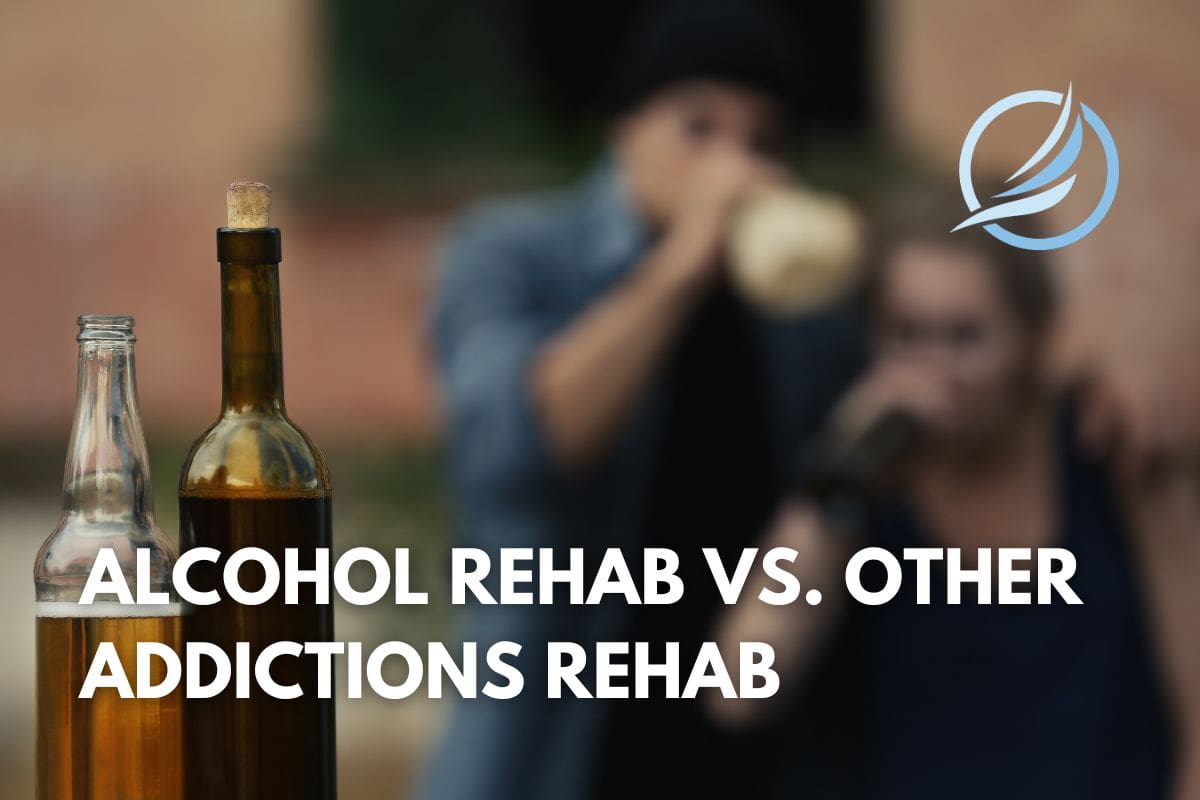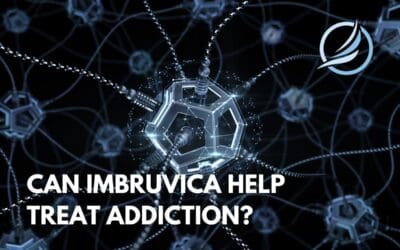When facing addiction, choosing the right treatment option can be a daunting task. Understanding the differences between alcohol rehab and rehab for other addictions is crucial in making an informed decision. Here’s everything you need to know about the various addiction treatment options, the types of addiction rehab available, and what makes the best rehab programs for alcohol addiction stand out.
Understanding Addiction Treatment Options
The first step in addressing addiction is understanding the available treatment options. Here are the primary addiction treatment options:
- Inpatient Rehab: This involves staying at a treatment facility for a specified period, typically ranging from 28 days to several months. It provides a structured environment, intensive therapy, and round-the-clock medical supervision.
- Outpatient Rehab: Ideal for those with milder addictions or those who cannot commit to an inpatient program, outpatient rehab allows individuals to receive treatment while living at home and continuing with their daily responsibilities.
- Detox Programs: Detoxification is often the first step in the treatment process, helping individuals safely withdraw from substances under medical supervision.
- Counseling and Therapy: Individual and group counseling sessions are integral to addiction treatment, addressing the psychological aspects of addiction.
- Medication-Assisted Treatment (MAT): MAT combines medications with counseling and behavioral therapies to treat substance use disorders, particularly effective for opioid and alcohol addictions.
Types of Addiction Rehab: Alcohol vs. Other Addictions
While the core principles of addiction treatment are similar across different types of rehab, there are distinct differences in how alcohol rehab and rehab for other addictions are approached.
Alcohol Rehab
Alcohol rehab programs often include specialized treatments such as alcohol-specific detox, medications to reduce cravings and therapies that address the unique triggers of alcohol addiction. Key features of alcohol rehab include:
- Medical Supervision: Due to the potentially severe withdrawal symptoms associated with alcohol, medical supervision during detox is critical. In severe cases, medications like benzodiazepines may be prescribed to manage withdrawal symptoms.
- Behavioral Therapies: Cognitive Behavioral Therapy (CBT), Dialectical Behavior Therapy (DBT), and Motivational Interviewing (MI) are commonly used to help individuals understand and change their drinking behaviors.
- Aftercare and Support Groups: Programs like Alcoholics Anonymous (AA) provide ongoing support and a sense of community, which is crucial for long-term recovery from alcohol addiction.
Rehab for Other Addictions
Rehab for other addictions, such as opioids, cocaine, or methamphetamine, often involves treatments tailored to the specific substance. For example, Methadone or Suboxone may be used in opioid addiction treatment. Key features include:
- Addressing Polysubstance Abuse: Many individuals struggling with addiction may use multiple substances. Rehab programs for other addictions often address polysubstance abuse, providing comprehensive treatment plans that tackle all substances involved.
- Behavioral and Psychological Support: Therapy and counseling are tailored to address the psychological aspects of addiction, including underlying mental health issues that may contribute to substance abuse.
- Holistic and Alternative Therapies: Rehab programs for other addictions may include holistic treatments like acupuncture, yoga, meditation, and art therapy to promote overall well-being.
What Makes the Best Rehab for Alcohol Addiction?
Choosing the best rehab program for alcohol addiction involves considering several key factors:
- Accreditation and Licensing: Ensure the rehab facility is accredited by reputable organizations and licensed to provide addiction treatment.
- Comprehensive Treatment Plans: The best programs offer individualized treatment plans that address each patient’s unique needs, combining detox, therapy, medication, and aftercare support.
- Experienced Staff: Effective treatment requires a team of qualified professionals, including doctors, therapists, and addiction specialists.
- Evidence-Based Therapies: Programs that use evidence-based therapies, such as CBT, DBT, and MAT, have higher success rates.
- Supportive Environment: A supportive and non-judgmental environment can significantly enhance recovery, providing patients with the encouragement they need to succeed.
- Aftercare Services: Long-term recovery often requires ongoing support. The best rehab programs offer aftercare services like counseling, support groups, and relapse prevention plans.
Wrapping Up
Choosing between alcohol rehab and rehab for other addictions depends on the specific needs and circumstances of the individual. By understanding the different addiction treatment options and the unique aspects of each type of rehab, individuals and their families can make informed decisions that pave the way for successful recovery.
Whether it’s the specialized treatments in alcohol rehab or the comprehensive care in rehab for other addictions, finding the right program is a crucial step toward reclaiming a healthy and fulfilling life.
For those seeking the best rehab programs for alcohol addiction or other substance use disorders, The Freedom Center offers accredited, personalized treatment plans designed to help you or your loved one achieve lasting recovery.
Contact us today to learn more about our programs and start your journey to freedom from addiction.


































